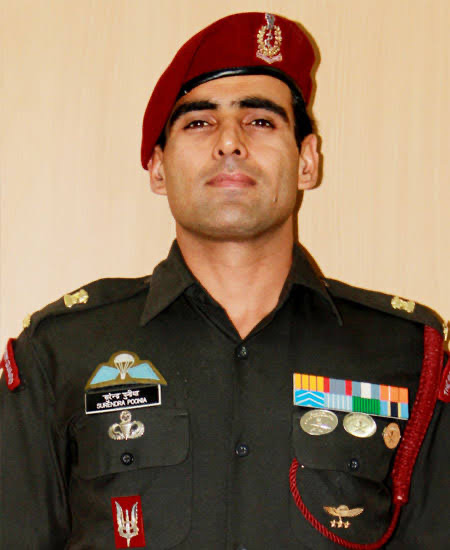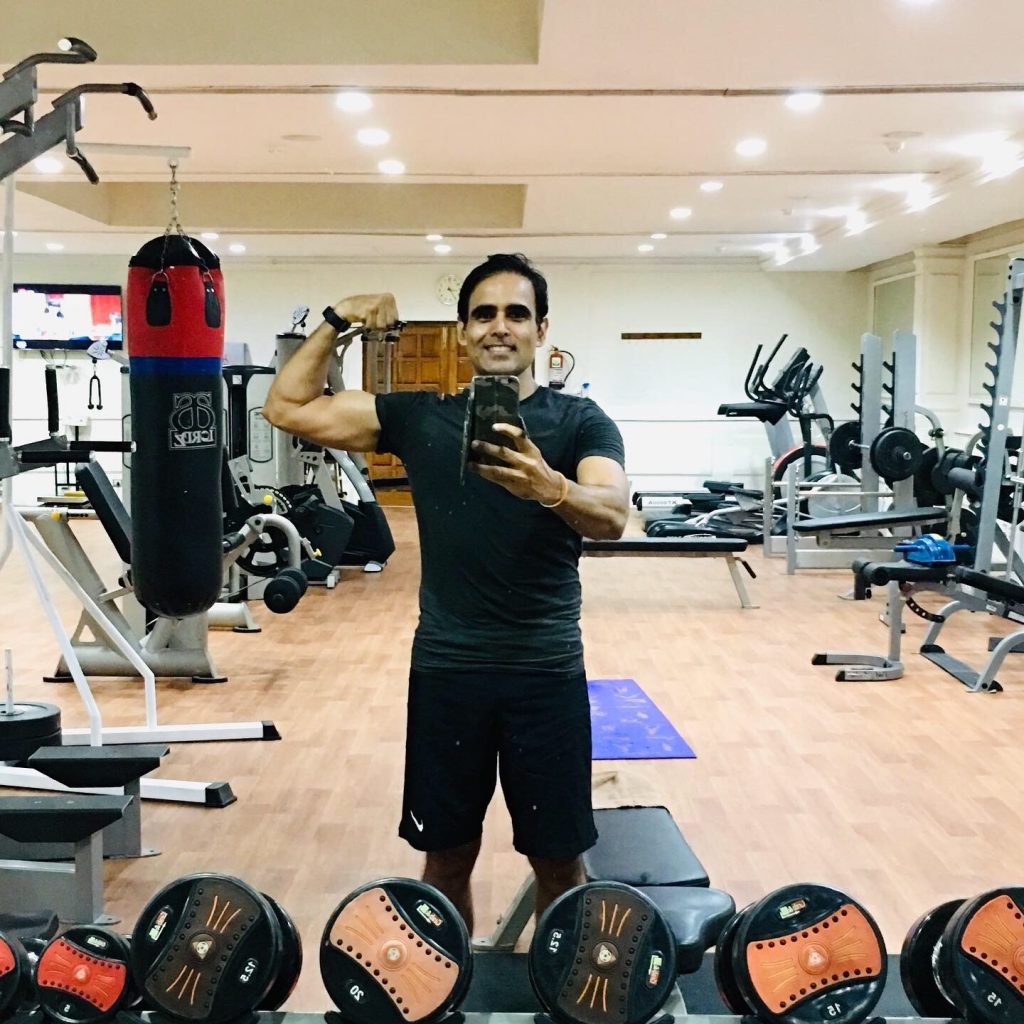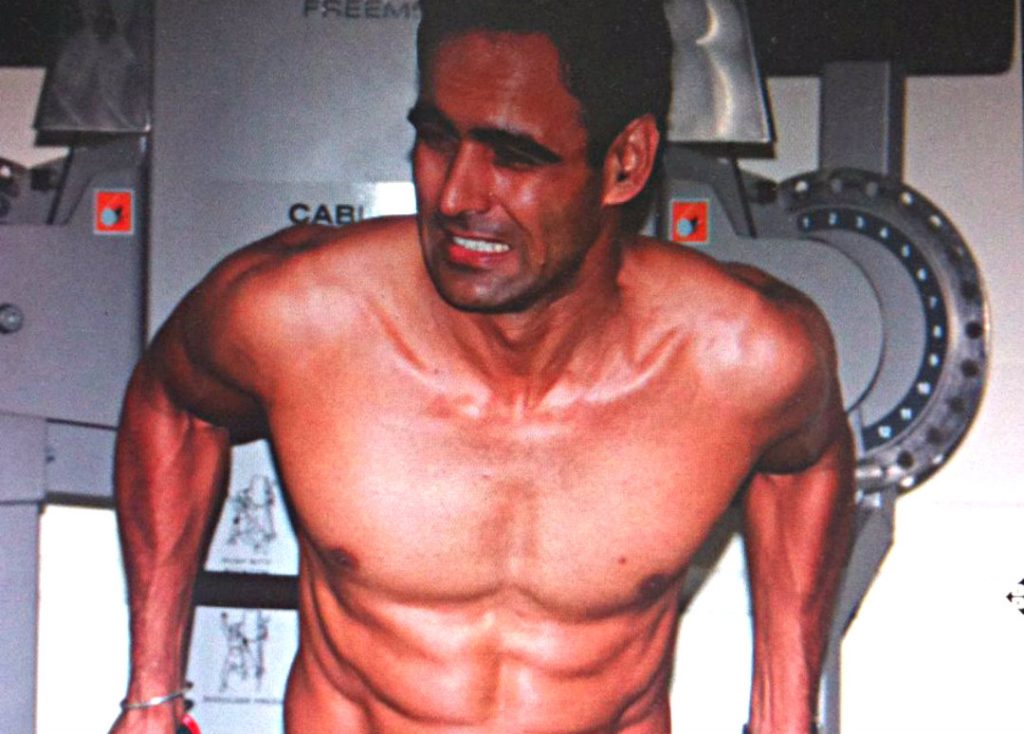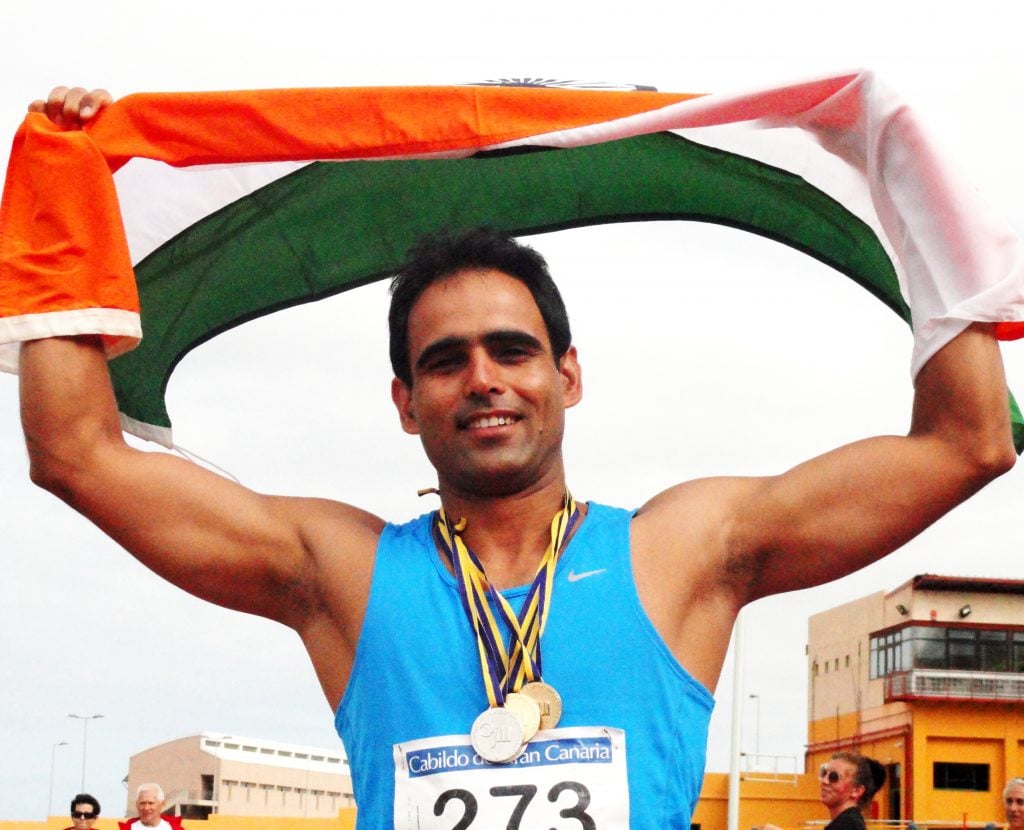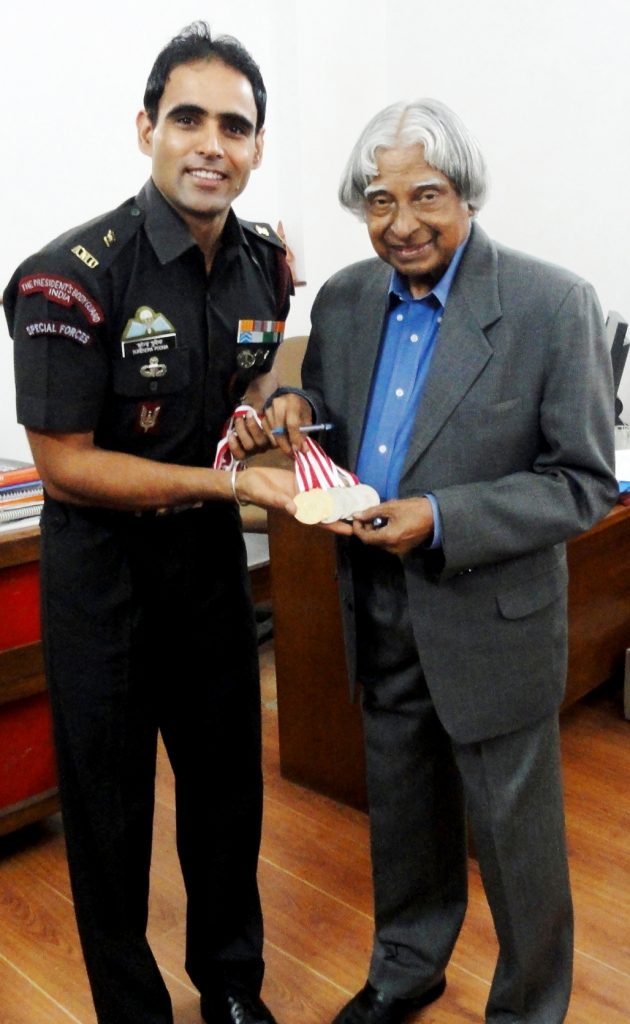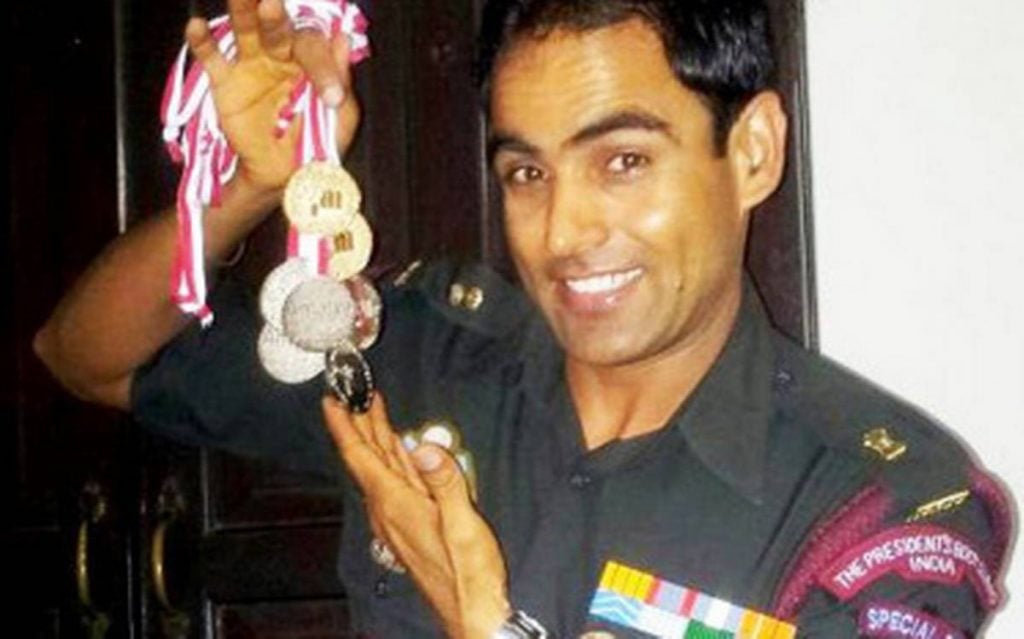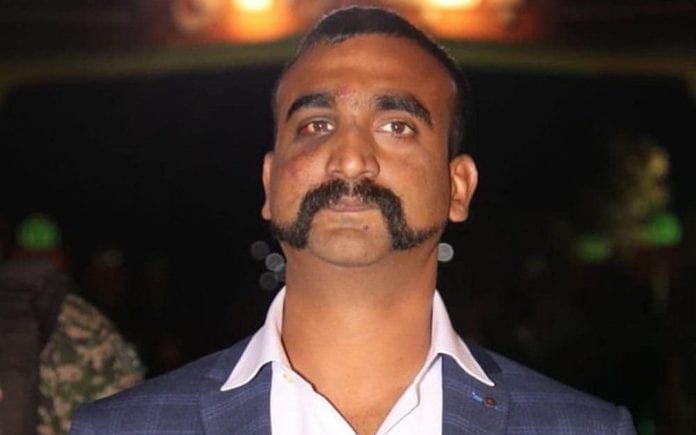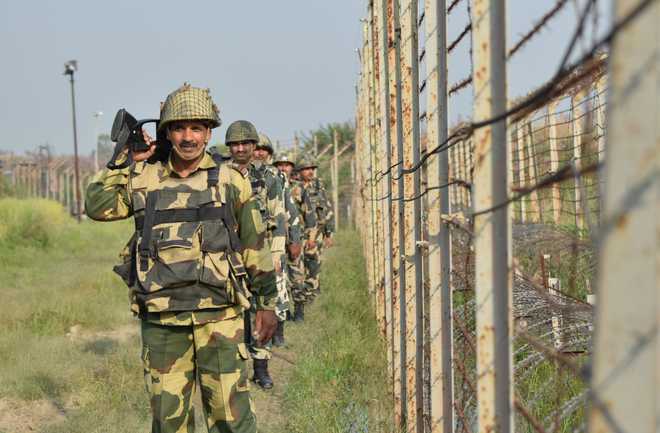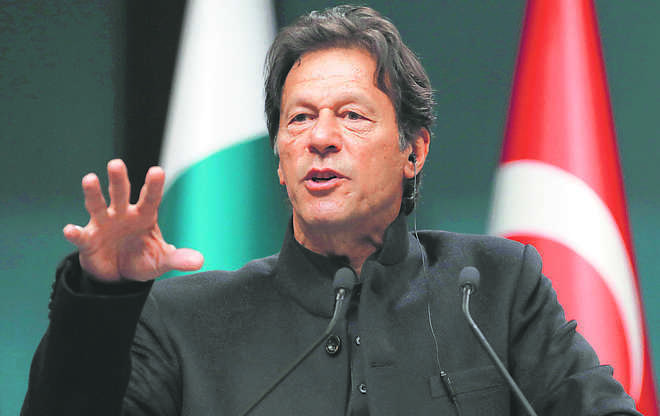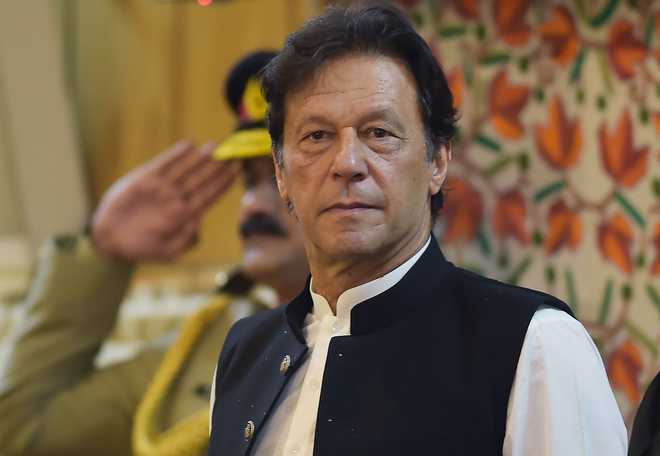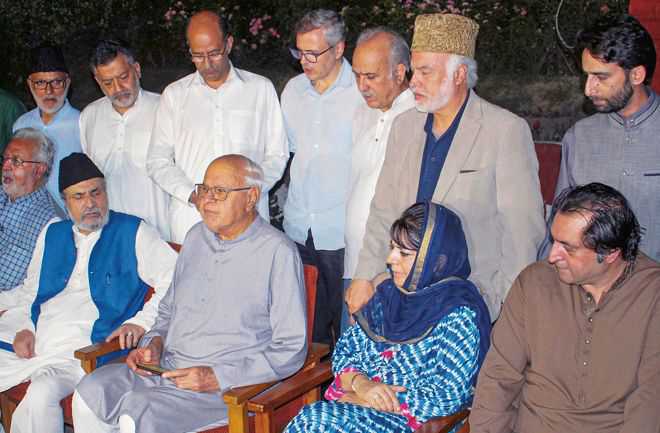
Rajesh Ramachandran
No visit is ever pleasant when Srinagar is under the shadow of the gun. This time around, after two months of the lockdown, there was an eerie normalcy in the Valley. It was indeed ‘abnormally normal’, as a senior officer put it while talking about the bustling Sunday market last week. J&K as a whole and the Valley in particular are in the throes of transformation. But unlike in the past, there are only a few visible signs of this transition. There are no protests, no restrictions on movement, at least in Srinagar city, and life appears to run its calm, serene course. But the glowing autumn sun doesn’t deceive the sense of defeat in the air.
Most Kashmiris are yet to give expression to their response to the abrogation of Article 370 and the decision to turn the state into a UT. Ordinary folks say they are still in shock, separatists want weapons to fight the Indian State, even more radical ones are looking at the possibility of an Indo-Pak war — but they all believe that there is no point in pelting stones to invite bullets. This, in a way, is a turning point in the lives of the Kashmiris. There is, probably for the first time, a feeling of futility in inviting repression and a great fear of the unknown, which has triggered the technique of protest by shopkeepers to open their shops early, shut them during the official working hours, and open them, if needed, again in the evening. A lot of shopkeepers have taken their wares to the pavements to the Sunday market, which is now almost a week-long affair in the capital city.
Is it a spontaneous shutdown by shopkeepers or are they being threatened by overground workers of militant groups? Well, the truth in the Valley is always somewhere in between. There are reports of overground militants identifying certain shops by putting a mark on them, and also a whisper campaign about the ‘advisory’ of timings to open and shut the shops. But the people are also willing to sacrifice a portion of their income to make a statement. There are orchard owners and apple farmers, even among cops, who are willing to let their apples rot to register their passive protest. There is unreserved, popular anger over the communications clampdown. When the most basic need to remain connected with the rest of the world is hit so completely, that too in the era of OTPs (one-time passwords) and mobile authentication for any kind of transaction, there is no debate on Article 370; there is only angst and anxiety over getting punished by New Delhi. That to a large extent explains the queer quietude.
The worst aspect of the lockdown is that this fear has gripped everyone, including the huge pro-India constituency. The detention of former chief ministers Farooq Abdullah and Omar Abdullah, the greatest champions of the Indian State, has deepened the despair among those who have fought the separatists all through — serving and retired officials and political activists. The Abdullahs’ detention has made their position untenable and uncertain. And some of the so-called grassroots workers who are now being projected as the next line of political leadership — after being picked up from the panchayats — are allegedly holed up in hotels in Srinagar, scared of returning to their villages. These panchayat-level, hand-picked novices cannot fill the political vacuum. And every passing day of detention of the top political leaders of the state is a day lost in repairing the umbilical cord and assuaging the hurt of the Kashmiris.
Thus, the greatest threat to the Indian State now is the possibility of losing its most important constituency in the Valley and it seems counterproductive to create new leaders, marginalising or attacking the legitimate ones. The very approach of slamming this leadership as corrupt or status-quoist, which has to be wholly uprooted, appears terribly misconceived. They have been the elected representatives of the Kashmiris for a very long time and their detention only discredits mainstream politics and Indian democracy.
From the security point of view, the detentions, transfer of inmates to jails outside the state, massive deployment of forces and the proactive approach on the LoC to neutralise infiltrators pushed across by Pakistan have yielded spectacular results, with this summer being one of the calmest in recent times. The security forces have done their best to ensure that violence doesn’t erupt, but this calm could be deceptive as there is widespread apprehension of escalation of violence amongst Srinagar’s residents. This thinking is partly promoted by the separatists and their handlers across the borders, but is also the result of a vacuum in political activism.
A two-year-long delimitation process without an elected government — if it happens, as people fear —will be a godsend for the Pakistan deep state and the Islamist secessionists. Every day without a legitimate, elected government is an open invitation to the militants to dominate the mindscape of the people. It further gives the Islamists an opportunity to convince the people that the entire exercise of scrapping Article 370 was to do away with Article 35-A and thereby turn Kashmir into a Muslim-minority region. The retelling of these fears will assume proportions of a new sub-national narrative, which will eat into the innards of sanity, leaving society crippled against the criminals within. Competitive, mainstream politics is the only antidote to extremist violence and the sooner it is rung in, the better for all stakeholders. Till then, the Kashmiris should not be blamed if they don’t feel they too are Indian citizens.











